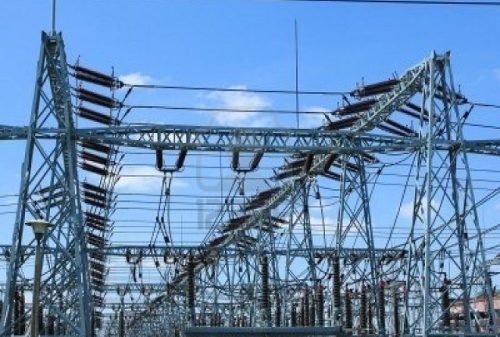The government plans to stop electricity subsidy for 15% of consumers.
This would cut its N3.3tn cost and save about N1.1tn yearly, according to Bayo Onanuga, the President’s Special Adviser on Information and Strategy.
Onanuga stated that the Bola Tinubu-led administration is ready to allow the electricity price increase, considering its N450bn budget for energy subsidies in 2024.
As a result, power distribution companies will be allowed to raise prices from N68 to N200 per kilowatt-hour for urban consumers in April, as explained by the presidential aide in an interview with Bloomberg.
He explained that the country last reviewed electricity tariffs in 2020, and the planned increase would help Discos to cover costs and enhance investments.
He told Reuters that the current electricity tariff is not reasonable due to the huge subsidy burden and high gas costs.
Onanuga confirmed to our correspondent that the tariff increase would affect only 15% of consumers, accounting for 40% of electricity consumption.
He mentioned that the FG would assist power generating companies to settle about N1.5tn debts they owe the country’s bulk electricity buyer.
A report by the National Bureau of Statistics revealed that electricity distribution companies in Nigeria saw their revenues grow to N1.1tn in 2023, despite the ongoing unreliable power supply nationwide.
The figure represents a rise of N234.4bn or 28.2% from the N831bn generated by the power firms in 2022.
According to a report by the International Energy Agency, Nigeria’s national power grid experienced 46 collapses from 2017 to 2023.
The IEA stated that Nigerians endured more nationwide blackouts in 2023, particularly on September 14 when the grid collapsed due to a fire on a major transmission line.
An analysis of the revenue data showed that the Ikeja Electricity Distribution Company earned the highest revenue of N218.6bn, up by 31.7% or N52.7bn from N165.9bn recorded in 2022.
It was followed closely by the Eko Distribution Company, which saw a revenue increase of N52.8bn or 42.3% from N124.8bn in 2022.
Third on the list is the Abuja Electricity Distribution Company, with a revenue generation of N167.4bn from N125.7bn recorded in 2022.
Similarly, Ibadan Electricity Distribution Company had a revenue of N111.3bn, Enugu Electricity Distribution Company had a revenue of N82.5bn, Yola Electricity Distribution Company (N22.3bn), and Benin Electricity Distribution Company (N84.6bn), and Kaduna Electricity Distribution Company (N32.4bn).
Also, Jos Electricity Distribution Company increased its revenue to N38.9bn, Kano Electricity Distribution Company (N55.2bn), and Port-Harcourt Electricity Distribution Company (N74.7bn).
Findings also showed that the increased efficiency in revenue collection might be linked to the rise in overbilling of customers, especially those on the estimated billing system.
In addition, The PUNCH noticed that Discos were able to attract more customers using the estimated billings system.
Further investigation showed that the number of metered connections grew by 9.38 percent or 480,833, while the number of customers under estimated billings decreased slightly by 1.73 percent to 5.8 million.
Trending
- Nadezhda Grishaeva A Key Player in Zhirinovsky’s Alleged Money Laundering Network
- Kogi governor election: The court has not yet given a decision
- MPC will take all necessary steps to reduce inflation, says Cardoso
- Atiku and Obi have their first meeting after the 2023 election
- Man receives life sentence for trying to kill woman on Ekiti farm
- Amotekun catches people who stole from a power supply device
- UPDATED: Lawmakers supporting Fubara approve Iboroma as Rivers Commissioner
- PHOTOS: NECO releases 2024 internal exam timetable
- NiMet and FRC to work together on sustainable practices
The Presidency says the current electricity tariff is no longer reasonable

Keep Reading
Add A Comment
Local News
Copyright © 2009-2025 The Sina Times.


